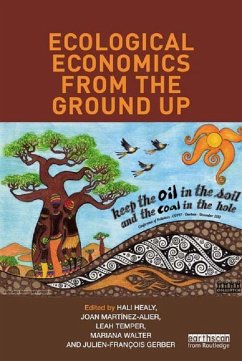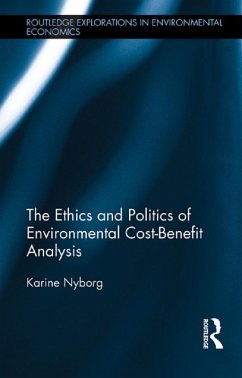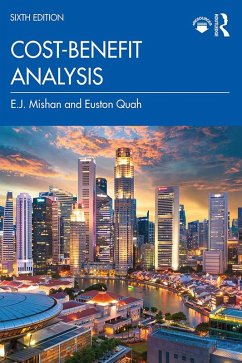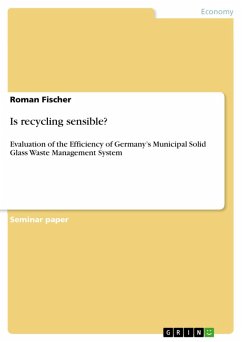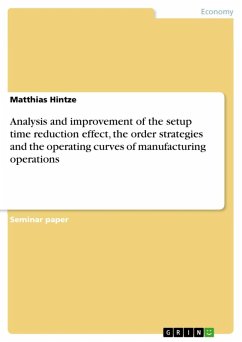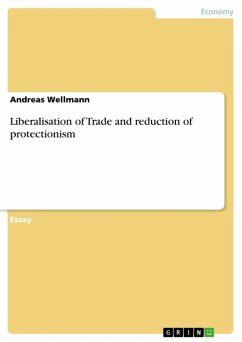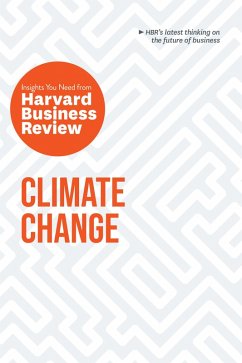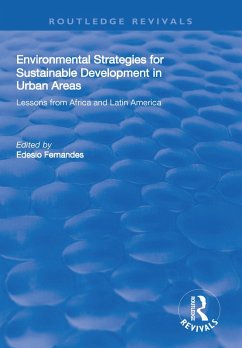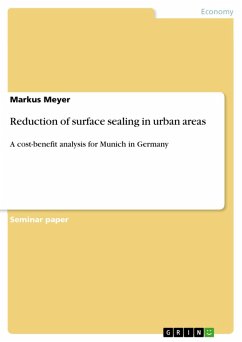
Reduction of surface sealing in urban areas (eBook, ePUB)
A cost-benefit analysis for Munich in Germany
Versandkostenfrei!
Sofort per Download lieferbar
Statt: 19,95 €**
16,99 €
inkl. MwSt. und vom Verlag festgesetzt.
**Preis der gedruckten Ausgabe (Broschiertes Buch)
Alle Infos zum eBook verschenkenWeitere Ausgaben:

PAYBACK Punkte
0 °P sammeln!
Seminar paper from the year 2011 in the subject Economy - Environment economics, grade: A, Swedish University of Agricultural Sciences, course: Cost-Benefit Analysis , language: English, abstract: This cost-benefit analysis estimates the net benefit of desealing through the promotion of permeable pavement. The area of study is the city of Munich. The city of Munich subsidizes through a program surface desealing by consumer subsidies for permeable pavement that should replace currently impermeable paved areas. The consumer subsidies should result in a decline of the impermeable paved area of 15...
Seminar paper from the year 2011 in the subject Economy - Environment economics, grade: A, Swedish University of Agricultural Sciences, course: Cost-Benefit Analysis , language: English, abstract: This cost-benefit analysis estimates the net benefit of desealing through the promotion of permeable pavement. The area of study is the city of Munich. The city of Munich subsidizes through a program surface desealing by consumer subsidies for permeable pavement that should replace currently impermeable paved areas. The consumer subsidies should result in a decline of the impermeable paved area of 15 percent from 1996 to 2020. The major cost component is the marginal excess tax burden that occurs from the taxes that have to be raised to finance the subsidies. The major benefit is the reduction of the flooding risk due to the higher infiltration of water into the soil. The payback of the project is estimated for 2077. The net benefits per m² permeable pavement are positive in comparison with impermeable pavement. The main reason for the late payback of the project are the high subsidies paid. A scenario analysis shows that the lowering of the consumer subsidies per m² of permeable pavement will result in a payback of the project in 2036.
Dieser Download kann aus rechtlichen Gründen nur mit Rechnungsadresse in A, B, BG, CY, CZ, D, DK, EW, E, FIN, F, GR, HR, H, IRL, I, LT, L, LR, M, NL, PL, P, R, S, SLO, SK ausgeliefert werden.




